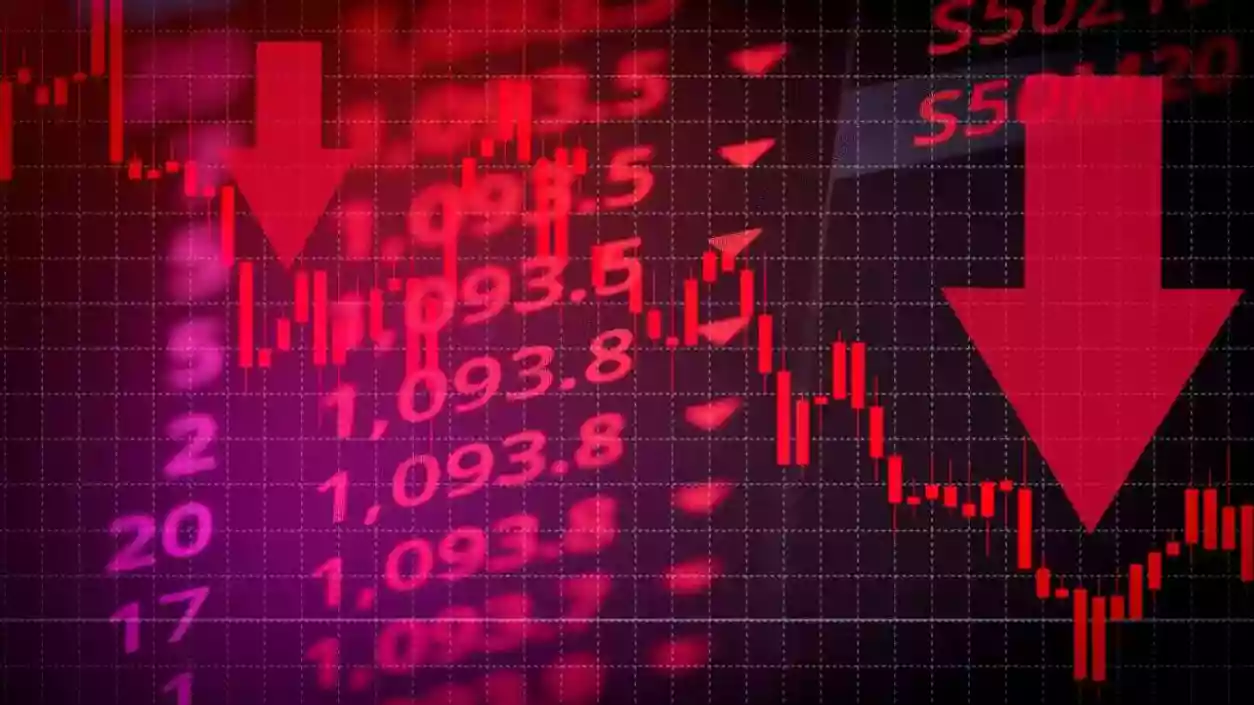Protests erupt outside Kasba Police station as 3 arrested in alleged Kolkata college gang rape
.gif)
.gif)

The Indian equity market ended sharply lower on Tuesday, weighed down by losses in IT, pharma, and midcap stocks, alongside negative global cues. The Sensex declined 469.73 points or 0.63% to close at 73,757.35, while the Nifty dropped 162.50 points or 0.72%, settling at 22,373.35. Broader market indices also declined, with the Nifty Microcap 250 falling 1.47%, the Smallcap 250 down 1.26%, and the Midcap 150 and Midcap 100 both slipping by 1.12%.
Among sectoral indices, Nifty Pharma fell the most, losing 2.51% to end at 19,867.15. Nifty IT declined by 2.30% to 32,479.55, while Nifty Healthcare was down by 1.98%, closing at 13,001.50. On the Sensex, top losers included Tech Mahindra, which dropped 3.59% to ₹1,267.85, followed by Infosys, down 2.89% to ₹1,388.05, and HCL Technologies, which slipped 2.38% to ₹1,369.80. Other major losers included Sun Pharmaceutical Industries, down 2.19% to ₹1,651.80.
The Reserve Bank of India (RBI) cut the benchmark repo rate by 25 basis points from 6.25% to 6%. RBI Governor Sanjay Malhotra stated the decision was unanimous and announced it at 10 am. This was the first cut after a prolonged pause, and the move is expected to influence lending rates and market liquidity. The announcement had limited impact on the market trend for the day.
Global markets remained under pressure. Japan’s Nikkei 225 declined by 3.66%, Taiwan Weighted fell by over 4%, South Korea’s KOSPI dropped by 1.40%, and Hong Kong’s Hang Seng index slipped by 1.52%. Crude oil prices also corrected sharply. Brent Crude futures for June 2025 were down by $2.51 or 4%, trading at $60.31 per barrel. WTI Crude for May 2025 contracts dropped by $2.59 or 4.35% to $56.99 per barrel.
Geopolitical concerns added to investor unease. China strongly criticized the United States, calling its tariff policy “blackmail” and pledging to “fight it to the end.” The European Union is expected to announce its response to US tariffs soon, with potential measures of up to 25% on American goods. Meanwhile, South Korea introduced a $2 billion support package for its export-driven car sector, and ASEAN urged stronger regional integration to tackle global volatility.